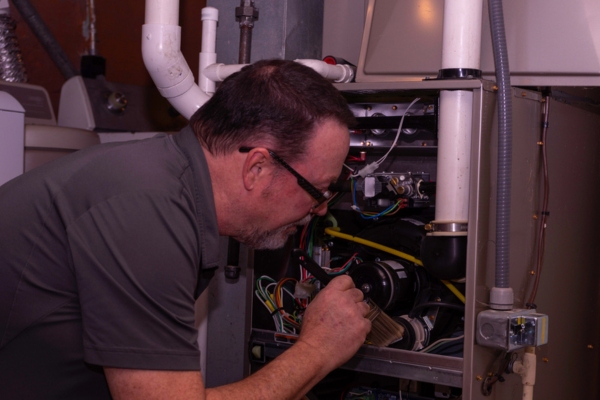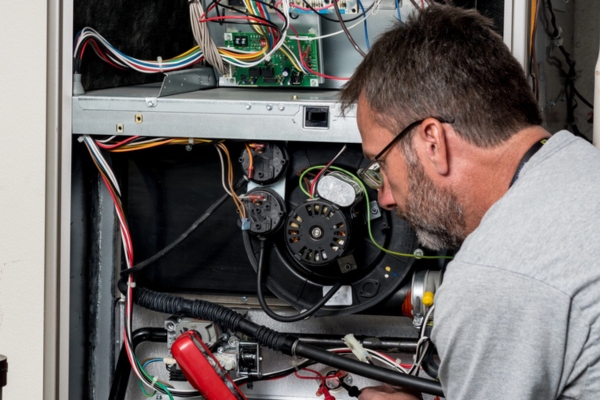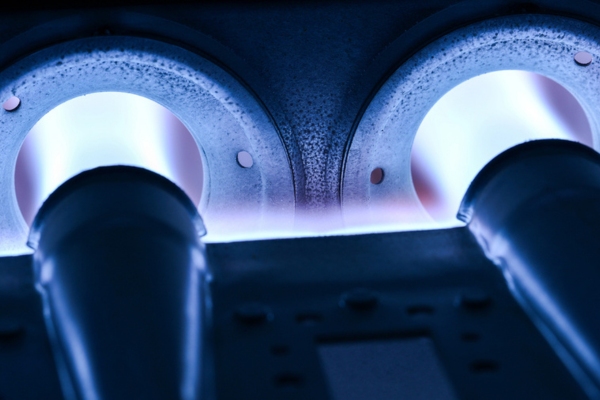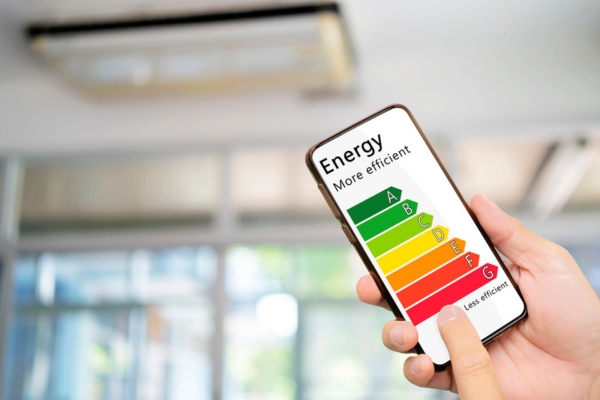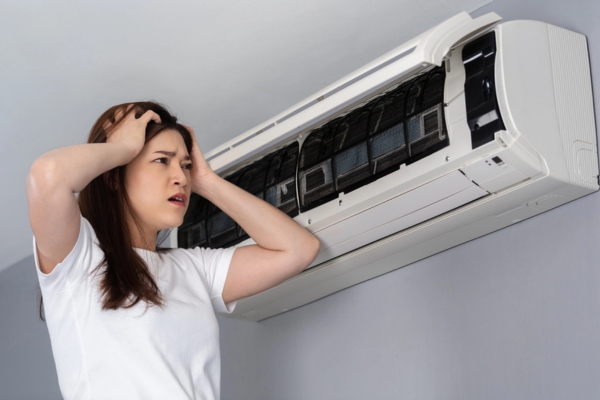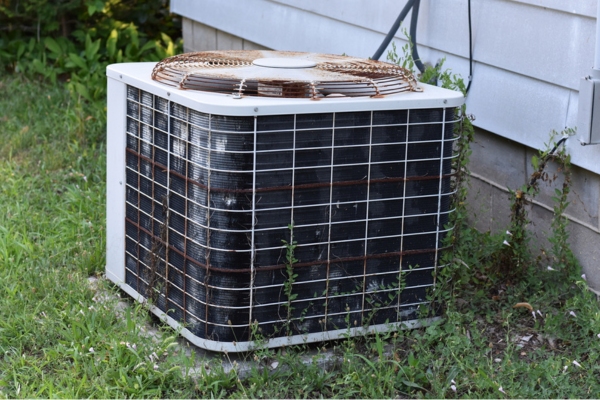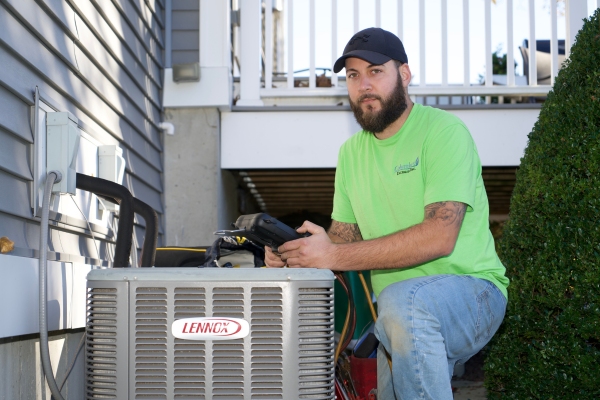HVAC
Furnace Problems? Here’s Why Professional Repairs Count
When your furnace stops working in the middle of winter, quick decisions matter. While DIY fixes may seem convenient, hidden risks and long-term costs can follow. This article explores why working with a professional furnace repair company helps protect your system, your safety, and your comfort when heating problems arise.
Read MoreFurnace Repair Tips To Keep Your Home Warm And Efficient
A reliable furnace is essential during colder months, but small issues can quickly lead to bigger problems if ignored. From unexpected noises to uneven heating and rising energy costs, knowing what to watch for makes a difference. This article explores practical insights every homeowner should understand to keep their heating system running efficiently.
Read MoreHow To Know What Size Heating System Your Home Really Needs
Determining the right heating system size for your home is essential to maintaining comfort and extending equipment lifespan. A system that’s too large or too small can lead to uneven heating, wasted energy, and costly repairs. Learn how professionals calculate heating load and what factors influence the proper system size for your home.
Read MoreWarning Signs That Point To A Cracked Heat Exchanger
A cracked heat exchanger is one of the most serious issues a furnace can face, potentially affecting both system efficiency and household safety. From unusual odors to changes in flame color, there are several warning signs to watch for. Understanding what causes cracks and the risks they bring is key to protecting your home.
Read MoreAFUE Vs. AFUE2: Why The Difference Matters For Your Home
Heating efficiency standards are evolving, and understanding how AFUE compares to the updated AFUE2 can help you make smarter decisions. Learn what these efficiency ratings mean, how they’re calculated, and why the new standards offer a more realistic view of performance. Get the clarity you need to navigate modern HVAC efficiency metrics.
Read MoreAre You Destroying Your AC Without Knowing It?
Neglecting your air conditioner can lead to lasting damage and expensive repairs. This article explores three everyday habits that could be quietly ruining your AC system. Learn how small oversights can shorten your unit’s lifespan and what proactive homeowners should be aware of to keep their cooling systems running efficiently.
Read MoreWhy Holding Onto An Old Air Conditioner Could Cost You
An aging air conditioner might do more harm than good. While it may still run, hidden issues like rising energy use and more can lurk beneath the surface. This article explores how keeping that old unit might be impacting your home’s comfort, efficiency, and even your health, more than you may realize.
Read MoreDucted vs Ductless Air Conditioning Systems: What’s the Difference?
Choosing the right cooling system for your home isn’t always straightforward. With options like ducted and ductless air conditioning, the decision affects everything. This article outlines key differences between these systems, helping you understand their unique strengths, limitations, and best-use scenarios so you can confidently explore what fits your space and lifestyle.
Read MoreHiring An HVAC Contractor? Don’t Miss These Crucial Factors
Selecting an HVAC contractor isn’t just about finding someone available—it’s about ensuring expertise, reliability, and long-term performance. A poor choice can lead to costly repairs and inefficiencies. This article breaks down the key qualifications, credentials, and warning signs to watch for, helping homeowners make informed decisions when hiring an HVAC professional.
Read MoreAir Conditioning Safety: What You Need To Know
Keeping your air conditioner running smoothly isn’t just about comfort—it’s about safety, too. Improper air conditioner maintenance can lead to serious issues. Discover the essential precautions that protect your home, extend your unit’s lifespan, and ensure efficient cooling all season long. Don’t overlook these crucial safety measures for a trouble-free summer.
Read More
